Modern and Postmodern Social Theorizing: Bridging the Divide
Introduction Part I. The Theoretical Background: The Development of the Agency-Structure Problematic: 1. From Parsons' to Giddens' synthesis Part II. Parsonian and Post-Parsonian Developments: 2. Parsons and the development of individual rights 3. Evolution and democracy: Parsons and the collapse of communism 4. Post-Parsonian theory I: neo-functionalism and beyond Postscript: Alexander's cultural sociology 5. Post-Parsonian theory II: beyond the normative and the utilitarian Part III. Agency and Structure: Reworking some Basic Conceptual Tools: 6. Social and system integration: Lockwood, Habermas and Giddens 7. The subjectivist-objectivist divide: against transcendence 8. Habitus and reflexivity: restructuring Bourdieu's theory of practice Part IV. Bridges Between Modern and Late/Postmodern Theorizing: 9. Modernity: a non-Eurocentric conceptualization 10. Ethical relativism: between scientism and cultural relativism 11. Cognitive relativism: between positivistic and relativistic thinking in the social sciences 12. Social causation: between social constructionism and critical realism Part V. Towards a Non-Essentialist Holism: 13. Grand narratives: contextless and context-sensitive theories 14. The actor-structure dimension: anti-conflationist holism 15. The micro-macro dimension: anti-essentialist holism 16. The inter-institutional dimension: beyond economism and culturalism Instead of Conclusion: twelve rules for the construction of an open-ended holistic paradigm Appendix: In defence of 'grand' historical sociology.
{{comment.content}}
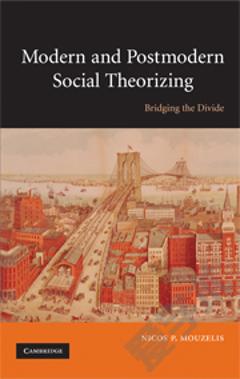
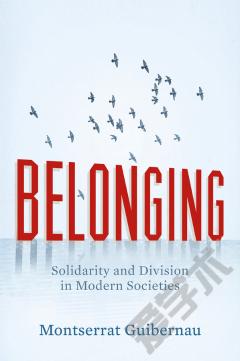

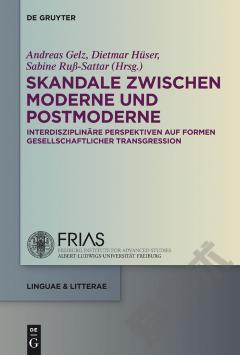
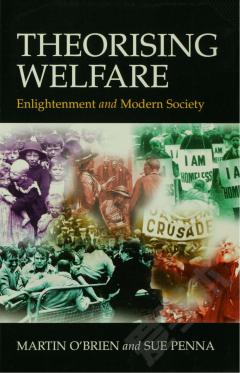
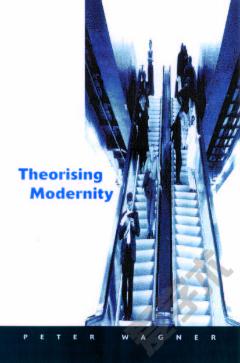
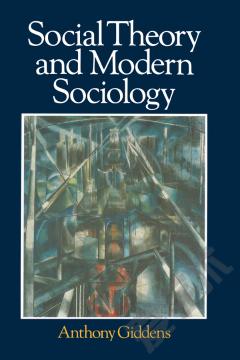

 京公网安备 11010802027623号
京公网安备 11010802027623号